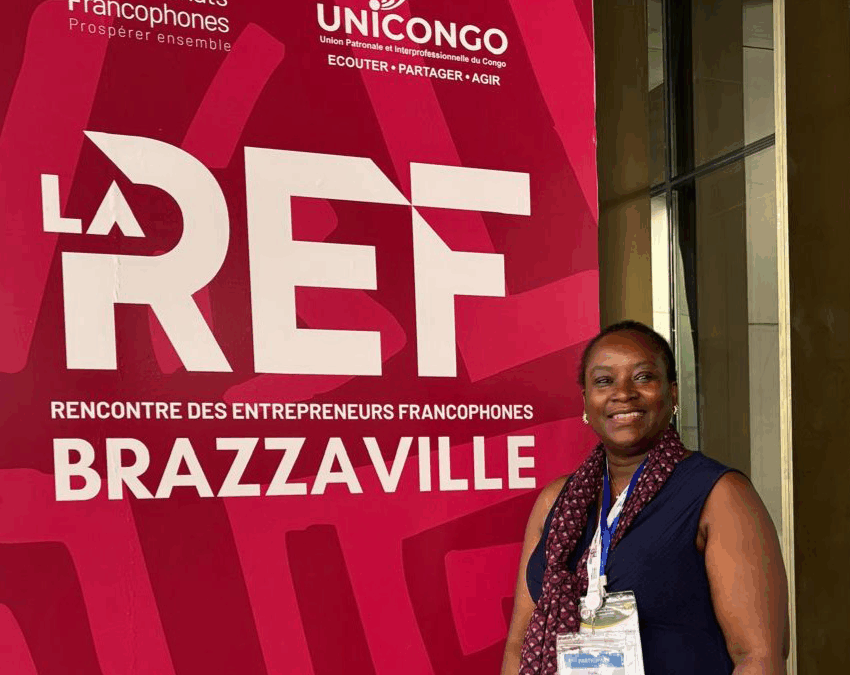Boosting Investment in Africa: Tax Incentives, Strategic Support, and Structural Challenges
With major demographic, energy, and climate transitions underway, Africa is positioning itself more than ever as a land of opportunity for investors. But turning those opportunities into tangible projects requires more than optimism—it takes a favorable tax environment, effective support systems, and practical solutions to real-world obstacles. Here’s a summary of the key insights from the “Boost Investment in Africa” meeting held on June 27, 2025 during « REF FRANCO 2025 », in Brazzaville, Congo.
1. A Transforming Tax System: Toward a More Attractive Investment Climate
Fiscal simplification was a central topic during the meeting. One notable reform was the removal of 24 import-export taxes, many of which were seen as arbitrary and discouraging for businesses. Additionally, a 2023 decree introduced a risk-based approach to tax and customs audits, ending automatic inspections and prioritizing cases based on actual risk levels.
Several incentive schemes now make investment even more appealing:
- Up to 5 years of corporate income tax exemption for eligible projects under the Investment Charter.
- Permanent exemptions for businesses operating in agriculture, livestock, fishing, and aquaculture (Finance Law 2021).
- Up to 10 years of tax exemption in Special Economic Zones (SEZs).
2. Strategic Sectors at the Forefront
Authorities identified several key sectors for priority investment:
- Agriculture, as food imports cost over 700 billion annually, despite the country having vast arable land.
- Energy, especially renewables (solar, hydro), due to current overreliance on fossil fuels and growing demand.
- Health and education, where rising demographics and low purchasing power call for innovative, affordable models.
- Inclusive finance, essential for expanding financial access and supporting entrepreneurship.
- Additional opportunities lie in tourism, real estate development, and the digital economy.
3. Investors Need Clarity and Structure
Investor networks such as Investor for Africa emphasized a critical point: capital is available, particularly for impact projects (green energy, sustainable agriculture). In 2024 alone, over $400 million was invested in green projects across Africa.
Yet financing is conditional on project maturity and viability. Early-stage initiatives often struggle to access funding. Structured business models, proven traction, and clear financial planning are key for attracting large-scale investors.
4. Business Support Systems Need Reinforcement
While several support institutions exist—such as the Agency for Large Enterprise Creation, the SME Development Agency, and the FIGA financial support program—entrepreneurs reported a lack of visibility, coordination, and tangible support on the ground.
Key concerns include:
- The need for a centralized support point (one-stop-shop).
- A comprehensive investment map, by sector and region.
- Stronger collaboration between government and private actors.
- Promotion of local products, often priced higher than imports due to production costs.
5. Recommendations to Unlock Investment Potential
The following actions are suggested:
- Set up matchmaking platforms between entrepreneurs and sector-specific investors.
- Launch mentoring programs to support financial modeling, business planning, and investor-readiness.
- Address core infrastructure gaps—energy reliability, logistics, packaging supply chains.
- Continuously evaluate the impact of current tax and support policies, and adjust based on real outcomes.
Final Thoughts
Africa is not just a continent of the future—it is a continent of action. But unleashing its full entrepreneurial and productive potential depends on clear investment frameworks, committed support systems, and strong bridges between visionary projects and available capital.
Audrey Angoula – External CFO & Expert in International Business Environments
Supporting organizations in their investment, structuring, and financial strategy between Africa and France.

